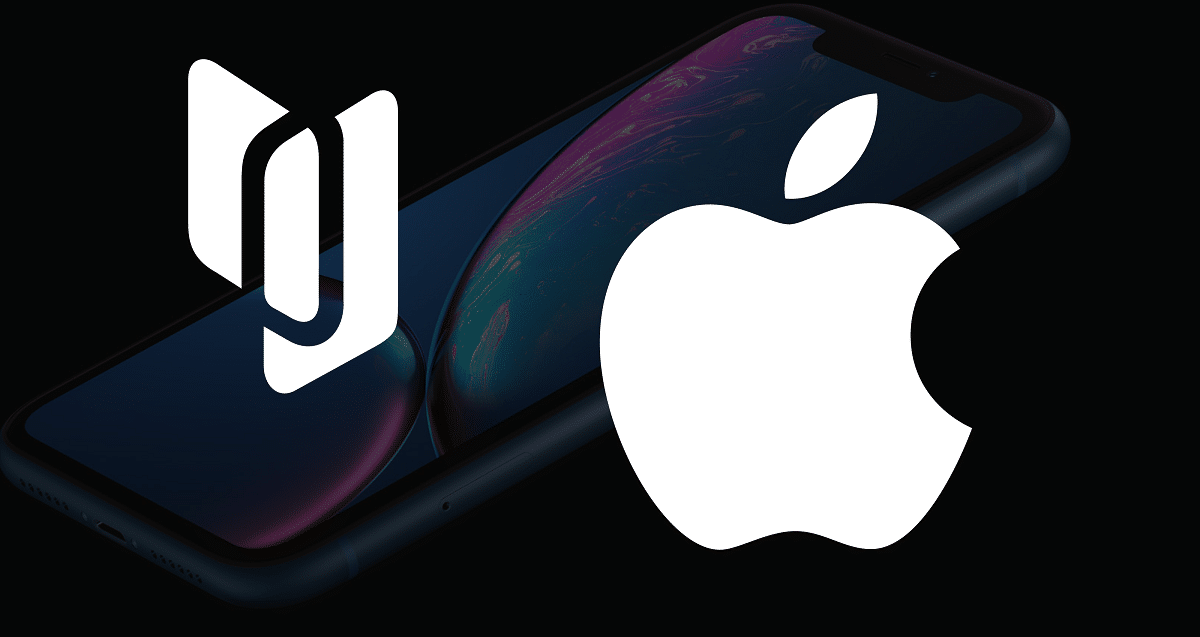
It seems that 2020 was not a good year for Apple and it is that since the decline of the world economy due to the pandemic (a situation that led to several Apple factories in China had a total stoppage of activities) as well as the current demands you are facing against Epic games and especially the Corellium to which many companies and small developers have joined.
And, even though Apple has emerged victorious in several of those lawsuits, there is one that has marked precedents, since several months ago the apple company filed a claim against Corellium, a security research company.
The demand was derived because the iPhone manufacturer claimed that Corellium violated copyright law with its software that helps security researchers find bugs and security vulnerabilities in Apple products, even though it was a Florida federal judge who dismissed the claims.
Corellium, co-founded in 2017 by Amanda Gorton and Chris Wade, has been a breakthrough in security research, providing its customers with the ability to run "virtual" iPhones on desktop computers. Corellium software eliminates the need for physical iPhones that contain iOS, Apple's mobile operating system.
In August 2019, Apple took legal action against Corellium, a company that therefore provides the frameworks for an iOS simulator used by security researchers.
In his complaint, Apple claimed that the software company copied the operating system, the graphical user interface and other aspects of devices without permission. It accuses Corellium of acting under the pretext of helping to discover bugs in the iPhone operating system, but then sells the information "on the open market to the highest bidder."
In response to Apple's complaint, Corellium accused Apple of using "unfair business practices that the court must stop." According to Corellium, Apple knew about and nurtured its business until it decided to offer its own competing product.
The first version of the complaint of Apple accused Corellium of copyright infringement. A new version was submitted on December 27, 2019, alleging both copyright infringement and illegal trafficking of a product used to bypass security measures in violation of the DMCA.
In February, in response to Apple's allegations, Amanda Gorton, CEO of Corellium, said:
"Apple's latest complaint should be of concern to security researchers, application developers and jailbreakers."
And to add:
We are deeply disappointed in Apple's persistent demonization of Jailbreaking. In the industry, developers and researchers rely on jailbreaks to test the security of their apps and third-party apps - tests that cannot be done without a jailbroken device.
According to Corellium, Apple's complaint suggests that anyone supplying a tool that allows other people jailbreak and anyone helping to create the tool is violating the DMCA.
"Apple is using this case as a test balloon from a new angle to crack down on leaks and seeks to set a precedent to eliminate public leaks," he added.
However, Apple responded by arguing that the alleged violations of the Corellium DMCA allow both Apple's copyright violations and the spread of security vulnerabilities.
The judge in the case ruled that Corellium's creation of virtual iPhones was not a violation copyright, in part because this system was designed to improve the security of all iPhone users. Corellium was not creating a competing product for consumers, rather, it was a research tool for a relatively small number of clients.
David L. Hecht, founder of the Hecht Partners law firm and co-director of Corellium, said in a statement:
We are very pleased with the court's decision on fair use, and we are proud of the strength and determination our Corellium customers have shown in this important battle.